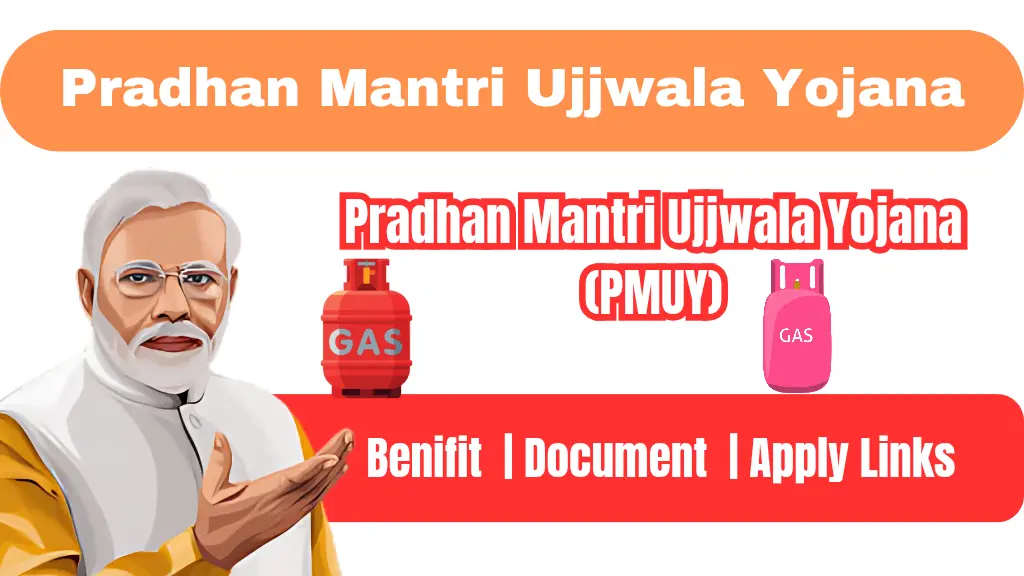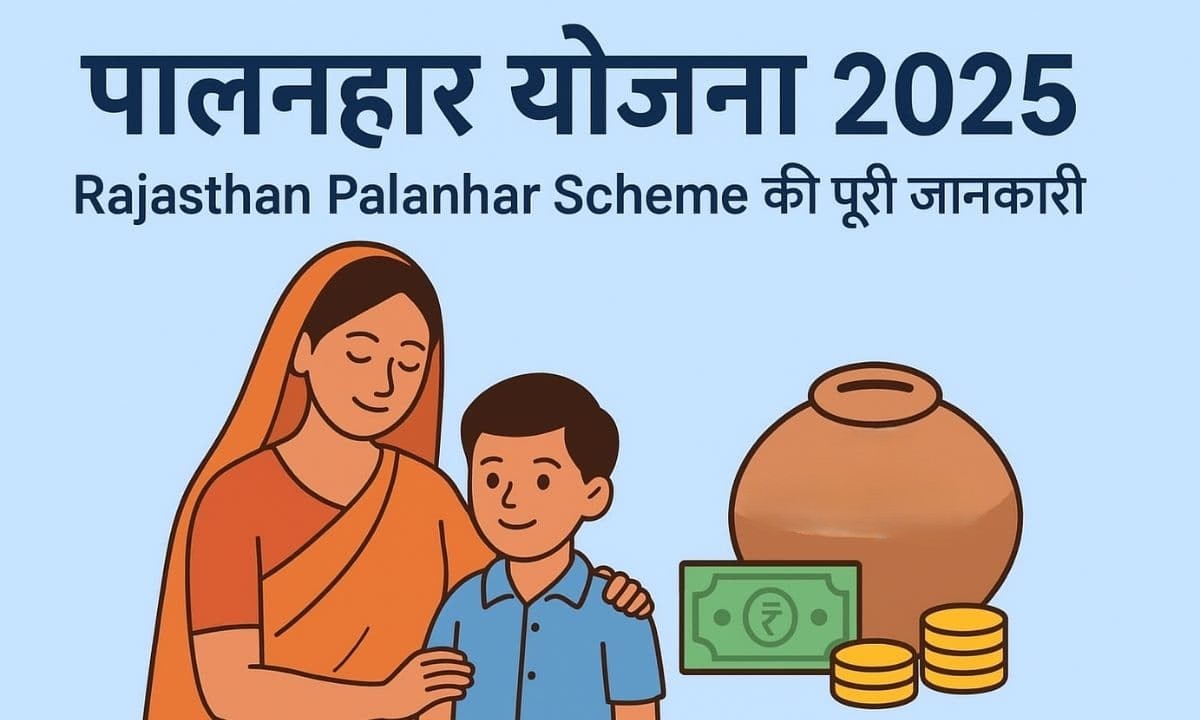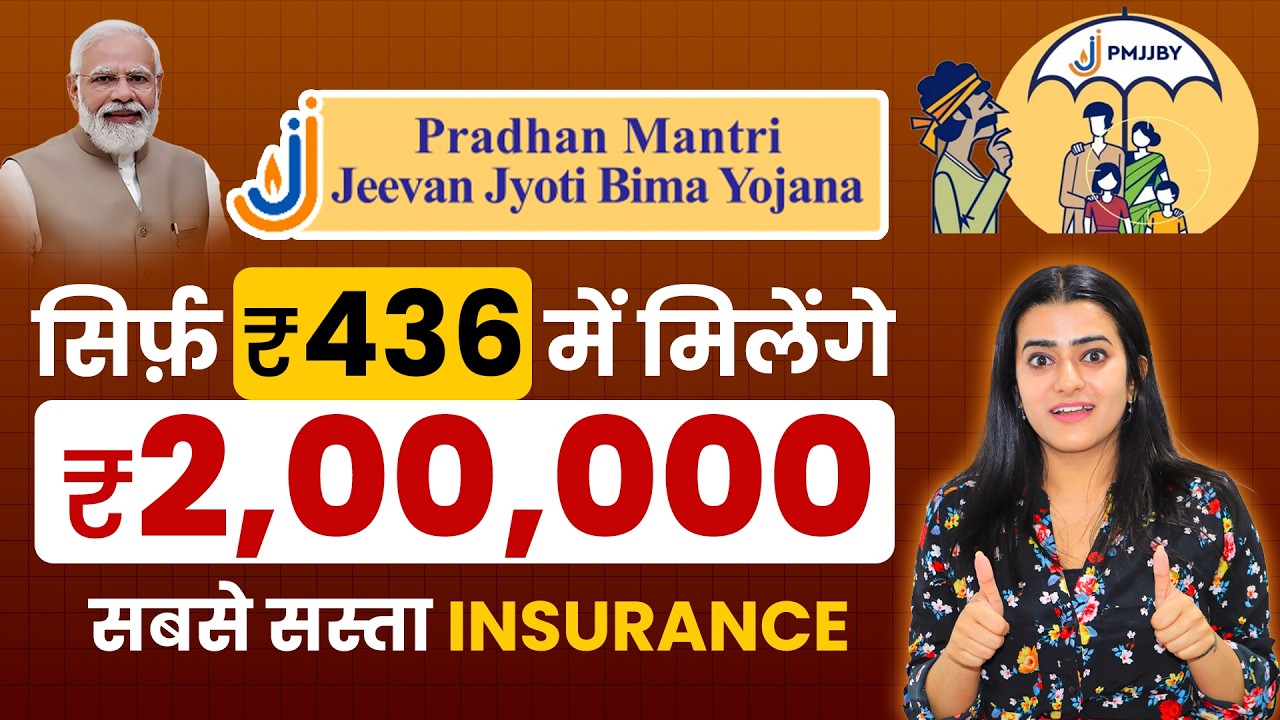The Pradhan Mantri Ujjwala Yojana (PMUY) is a flagship welfare initiative launched by the Ministry of Petroleum and Natural Gas (MoPNG), Government of India, in May 2016. The scheme aims to provide clean cooking fuel in the form of Liquefied Petroleum Gas (LPG) to poor households, especially in rural areas, where women primarily rely on traditional fuels like firewood, cow dung, or coal for cooking. These traditional fuels not only pose serious health hazards due to indoor air pollution but also contribute to environmental degradation.
The Ujjwala Yojana represents a significant move towards empowering women, protecting their health, and promoting environmental sustainability. By replacing unsafe cooking practices with LPG-based cooking, the scheme seeks to bring about a transformation in rural living standards and contribute to a healthier India.
Dates and Objectives of the Scheme
The Pradhan Mantri Ujjwala Yojana (PMUY) was officially launched on 1st May 2016 in Ballia, Uttar Pradesh, by the Hon’ble Prime Minister Shri Narendra Modi.
The main objectives of the scheme are as follows:
- To promote clean cooking fuel among rural and poor households.
- To safeguard the health of women and children by reducing indoor air pollution caused by traditional fuels.
- To empower women by providing them access to clean and efficient energy sources, improving their quality of life.
- To prevent deforestation and reduce environmental pollution caused by the burning of firewood and coal.
- To achieve universal LPG coverage across the country, ensuring no household is left behind.
Initially, the target was to release 8 crore LPG connections to deprived households by March 2020, and this goal was successfully achieved in September 2019.
Following this success, an additional 1 crore LPG connections were announced under the Union Budget 2021–22 as part of Ujjwala 2.0, with special benefits for migrant families.
Key Features of the Scheme
The Pradhan Mantri Ujjwala Yojana comes with several unique and impactful features that make it one of the most successful welfare schemes in India.
1. Free LPG Connection
Eligible women beneficiaries from below-poverty-line (BPL) families receive an LPG connection free of cost.
2. Financial Assistance
The scheme provides ₹1,600 per connection for a 14.2 kg cylinder or ₹1,150 per connection for a 5 kg cylinder.
3. Free Initial Refill and Stove
All beneficiaries under PMUY are provided with a free LPG refill and a stove (hot plate) at the time of connection, making it a complete setup for immediate use.
4. Wide Coverage
The scheme prioritizes states with lower LPG coverage as of 1st January 2016, ensuring equitable access across regions.
5. Phase-Wise Implementation
- Phase 1: Launched in May 2016 with a target of 8 crore LPG connections.
- Phase 2 (Ujjwala 2.0): Announced in FY 2021–22 to provide an additional 1 crore LPG connections, with special provisions for migrant families who may not have proper address proof.
6. Health and Environmental Impact
By switching to LPG, the scheme reduces respiratory issues among women and children and decreases the carbon footprint by reducing dependence on traditional fuels.
Scholarship Amount / Financial Assistance
Although this is not a scholarship scheme, financial assistance plays a central role in PMUY.
- ₹1,600 per connection for a 14.2 kg cylinder or ₹1,150 per connection for a 5 kg cylinder.
- The assistance covers the security deposit, pressure regulator, booklet, safety hose, and inspection charges.
- Additionally, the first LPG refill and the stove are provided free of cost to every new beneficiary.
This financial support ensures that no poor household is burdened with the initial cost of setting up an LPG connection.
Eligibility Criteria
The eligibility criteria for the Pradhan Mantri Ujjwala Yojana are well-defined to ensure the benefits reach genuinely needy families.
To apply under Ujjwala 2.0, the following conditions must be met:
- The applicant must be an adult woman belonging to a poor household.
- The household should not already have an LPG connection in the name of any member.
- The applicant should belong to one of the following categories:
- BPL households as per SECC 2011 data
- Scheduled Caste (SC) or Scheduled Tribe (ST) households
- Beneficiaries of Pradhan Mantri Awas Yojana (PMAY)
- Antyodaya Anna Yojana (AAY) households
- Forest dwellers
- Most Backward Classes (MBC)
- Tea and Ex-Tea Garden Tribes
- People residing in river islands
- If the applicant does not fall into the above categories, she can submit a 14-point declaration form to prove her eligibility under the “poor household” category.
Exclusion:
- Male members of the household cannot apply for this scheme.
Reservation Policy
The Ujjwala Yojana follows an inclusive reservation approach, prioritizing the most vulnerable and economically backward sections of society.
The scheme gives preference to the following groups:
- Scheduled Castes (SC)
- Scheduled Tribes (ST)
- Most Backward Classes (MBC)
- Tea and Ex-Tea Garden Tribes
- Women beneficiaries of PMAY and AAY
- Forest dwellers and women residing in difficult or remote locations
This policy ensures social equity and supports inclusive growth by uplifting marginalized women.
Distribution of Benefits
The distribution of LPG connections under the scheme has been one of the largest government-led drives for clean fuel adoption in the world.
- Total Target: 8 crore LPG connections
- Achieved: 8 crore connections as of September 2019
- Coverage: Increased from 62% in May 2016 to 99.8% by April 2021
Each beneficiary receives:
- Free LPG connection
- Free first refill
- Free stove (hot plate)
With the introduction of Ujjwala 2.0, an additional 1 crore connections were added, focusing on migrant families who can now apply even without local address proof.
The distribution process is transparent and digital, ensuring that subsidies and benefits reach beneficiaries directly through Direct Benefit Transfer (DBT) into their bank accounts.
Application Process (Step-by-Step)
The application process for Pradhan Mantri Ujjwala Yojana is simple and user-friendly, allowing eligible women to apply both online and offline.
Online Application Process
Step 1:
Visit the official online portal of the LPG distributor (Indane, Bharatgas, or HP Gas).
Step 2:
Choose the option “Apply for New Ujjwala 2.0 Connection.”
Step 3:
Select the following details:
- Oil Company Name (e.g., Indane, Bharatgas, or HP Gas)
- Type of Connection (Ujjwala 2.0 New Connection)
- State and District
- Name of the Distributor
Step 4:
Enter your mobile number and verify using the OTP sent to your registered number.
Step 5:
Select your migrant family status:
- If “Yes,” fill in details under Family Identifier – Ration Card
- If “No,” fill Annexure I form as proof of poor household
Step 6:
Fill in all personal and family details, address, and bank information.
Step 7:
Choose the type of LPG cylinder (14.2 kg or 5 kg).
Step 8:
Upload all necessary documents and submit the form.
Step 9:
After submission, a Reference Number will be generated. Visit your selected LPG Distributor/Agency with your documents for verification.
Step 10:
Upon successful verification, the LPG connection will be approved, and the connection kit (cylinder, regulator, and stove) will be provided.
Documents Required
Applicants must provide the following documents at the time of application:
- Aadhaar Card (Proof of identity and address; not mandatory for Assam and Meghalaya)
- Ration Card or any other State Government document certifying family composition
- Self-Declaration Form as per Annexure I (for migrant applicants without ration card)
- Bank Account Number and IFSC Code (for Direct Benefit Transfer)
- Proof of Address (if Aadhaar address is different from current address)
- Passport-size Photograph of the applicant
- Category Certificate (if applicable for SC/ST/MBC etc.)
Impact of the Scheme
The Pradhan Mantri Ujjwala Yojana has significantly transformed rural India:
- Improved Health: Reduction in respiratory diseases among women due to clean fuel usage.
- Environmental Protection: Decrease in deforestation and indoor pollution.
- Women Empowerment: Women now save time previously spent on collecting firewood, using it for income-generating or educational activities.
- Energy Inclusion: Brought millions of households under the formal energy framework of India.










